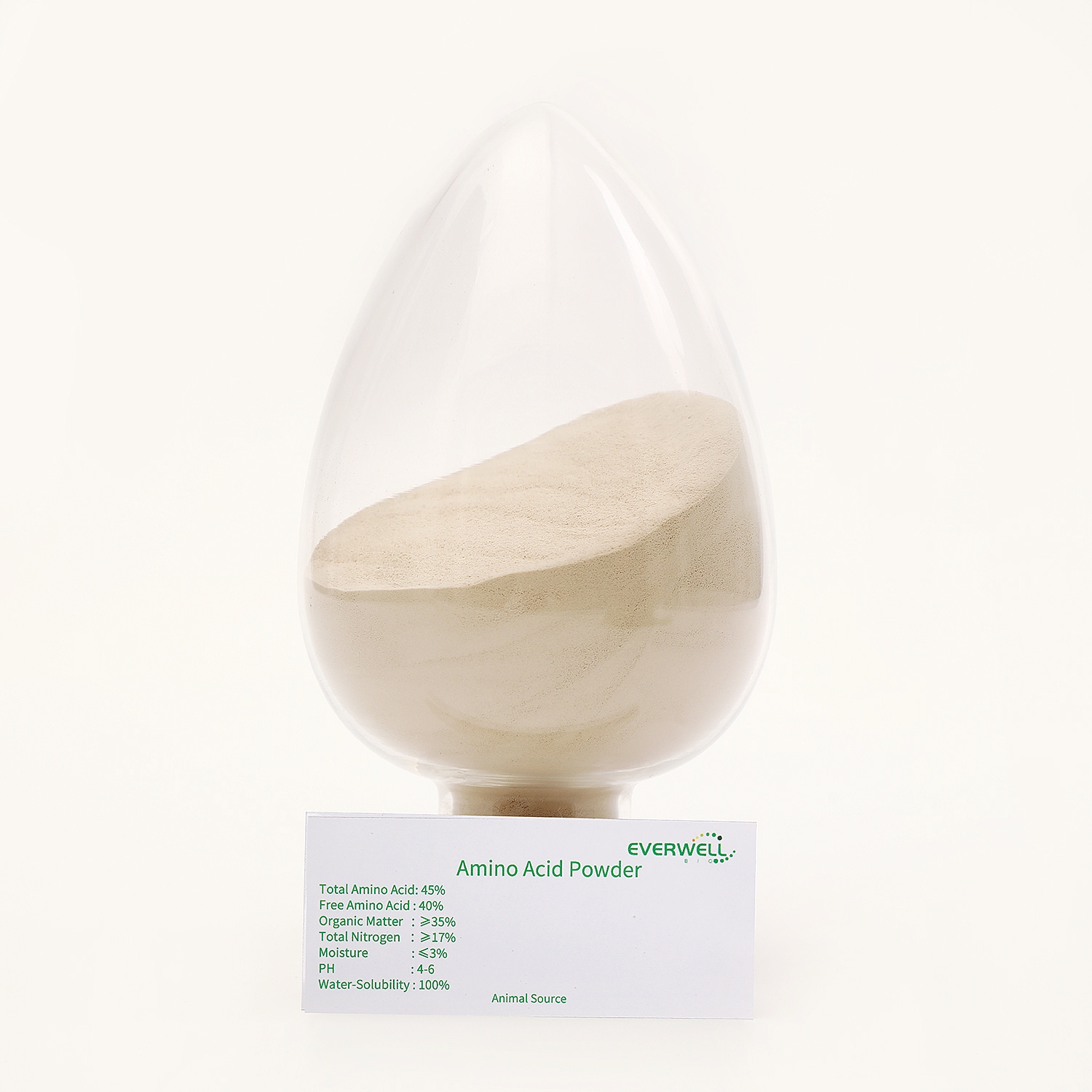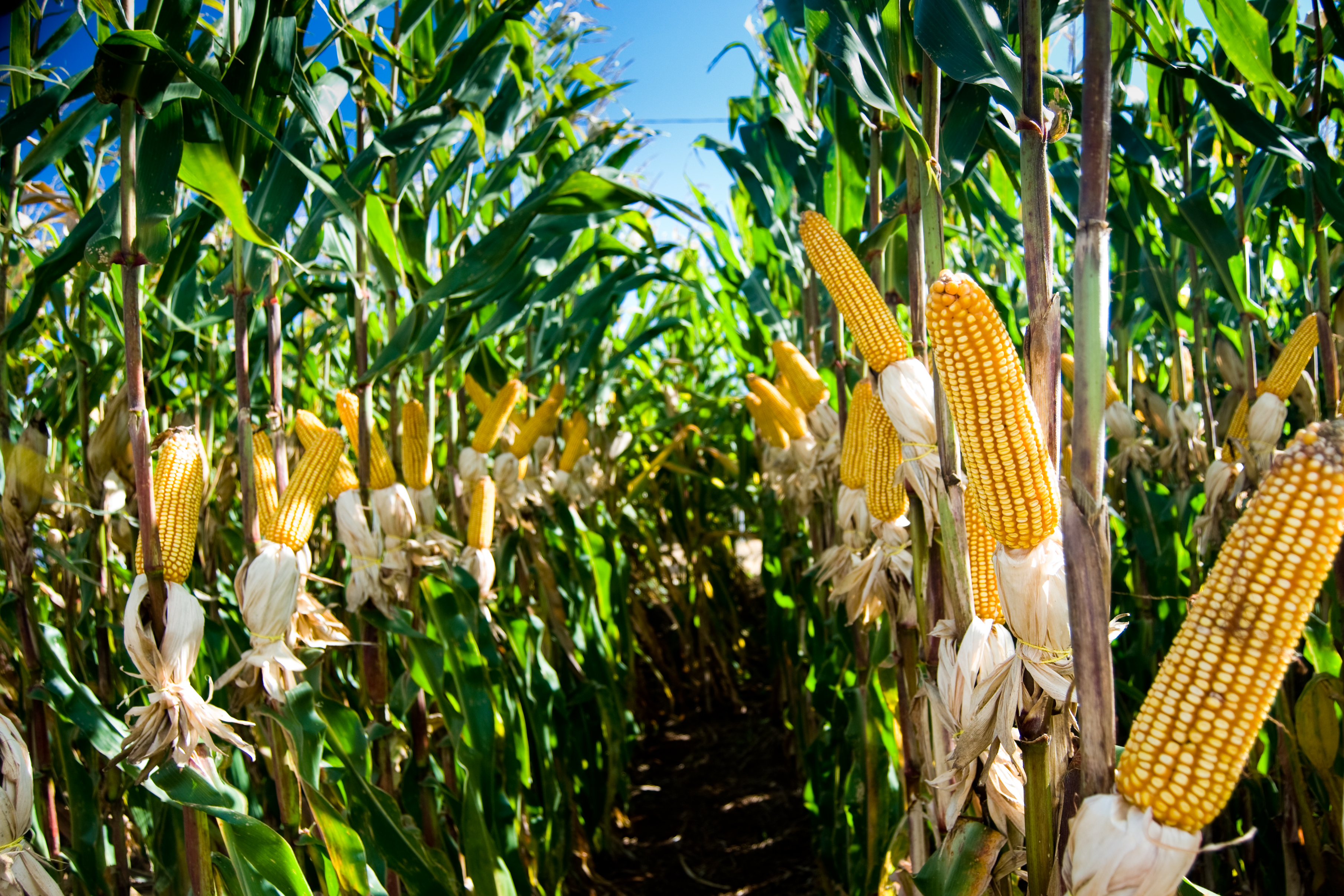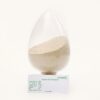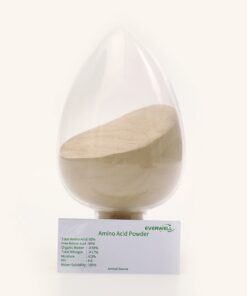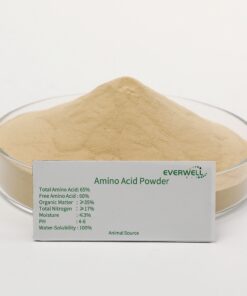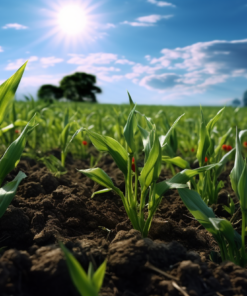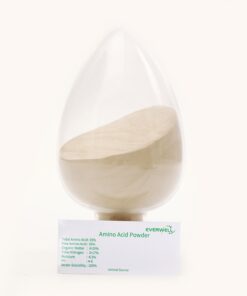Compound Amino Acids Powders
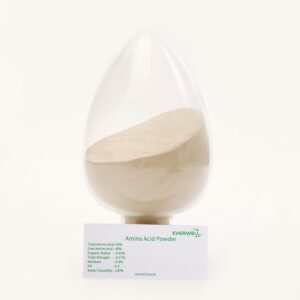
Description:
Amino Acid Powder is produced using the company’s by-product amino acid primary solution and secondary solution through spray drying. Due to the adoption of instant atomization drying technology, it ensures that the nutritional components and efficacy are not lost. According to the different primary solutions used, the products are divided into primary powder and secondary powder. The primary powder contains compound amino acids greater than 40%, organic matter greater than 35%, and nitrogen greater than 17%; the secondary powder contains compound amino acids greater than 30%, organic matter greater than 33%, and nitrogen greater than 17%. The product can be used in feed, agriculture, and aquaculture. Due to the rich amino acids, nitrogen, and organic matter in the original powder, it can be directly applied as fertilizer, with significant effects when applied through flushing or spraying. At the same time, according to the nutrient requirements of different regions and plants, phosphorus, potassium, and other inorganic components, as well as calcium, magnesium, sulfur, iron, zinc, boron, copper, molybdenum, and other trace elements, can be scientifically added through soil testing and formula matching, thus producing a fully nutritious and functional fertilizer product. Amino acid powder is the preferred carrier for producing high-quality functional fertilizers such as drip irrigation fertilizer, flushing fertilizer, and water-soluble fertilizer.
This product can be used as foliar fertilizer and plant growth regulator, widely used in vegetables, fruits, flowers, tea trees, tobacco, grains and oil crops, and horticultural crops. It is an ideal amino acid support agent and can also serve as a chelating agent for metals in the soil, improving soil conditions.

Functions:
- Enhances plant metabolism and stress resistance.
- Improves soil structure, enhances soil buffering capacity, and optimizes plant absorption of nitrogen, phosphorus, and potassium.
- Neutralizes acidic and alkaline soils, regulates soil pH, particularly effective for alkaline and acidic soils.
- Reduces nitrate leaching into groundwater, thus protecting groundwater sources.
- Enhances crop resistance to various environmental stresses, including cold, drought, pests, and diseases.
- When used with urea, stabilizes nitrogen and improves nitrogen efficiency.
- Promotes healthier and stronger plant growth while enhancing overall appearance.

Recommended Usage and Dosage:
- Field crops and vegetables: Apply at a rate of 1-2 kg/ha during rapid growth or nutrient-deficient periods, applying at least twice throughout the growing season.
- Tree crops: Apply at a rate of 1-3 kg/ha during the growing season, with intervals of 2-4 weeks throughout the entire growing season.
- Grapes and berries: Apply at a rate of 1-2 kg/ha during the growing season, with weekly intervals during the nutrient growth period.
- Lawns: Apply at a rate of 3-6 kg/ha during the growing season.
- Ornamental trees, shrubs, and flowering plants: Dilute 25 kg in 1 liter or more of water and spray to ensure complete coverage.

Benefits:
Single amino acids can be directly absorbed and utilized by biological cells without digestion or conversion loss, improving the utilization rate of fertilizers, feeds, or substrates.
Active small peptides and polypeptides enhance cell vitality, promote growth and reproduction, and organisms grow rapidly with strong disease resistance.
- Increased production in livestock such as pigs, cattle, sheep, chickens, and ducks by 5%-10%
- Increased production in aquatic animals such as fish, shrimp, and crabs by 20%;
- Increased production of grain crops by 10%-30%;
- Increased production of fruits and vegetables by 15%-44%, and fermentation level increased by 1%-5%.

